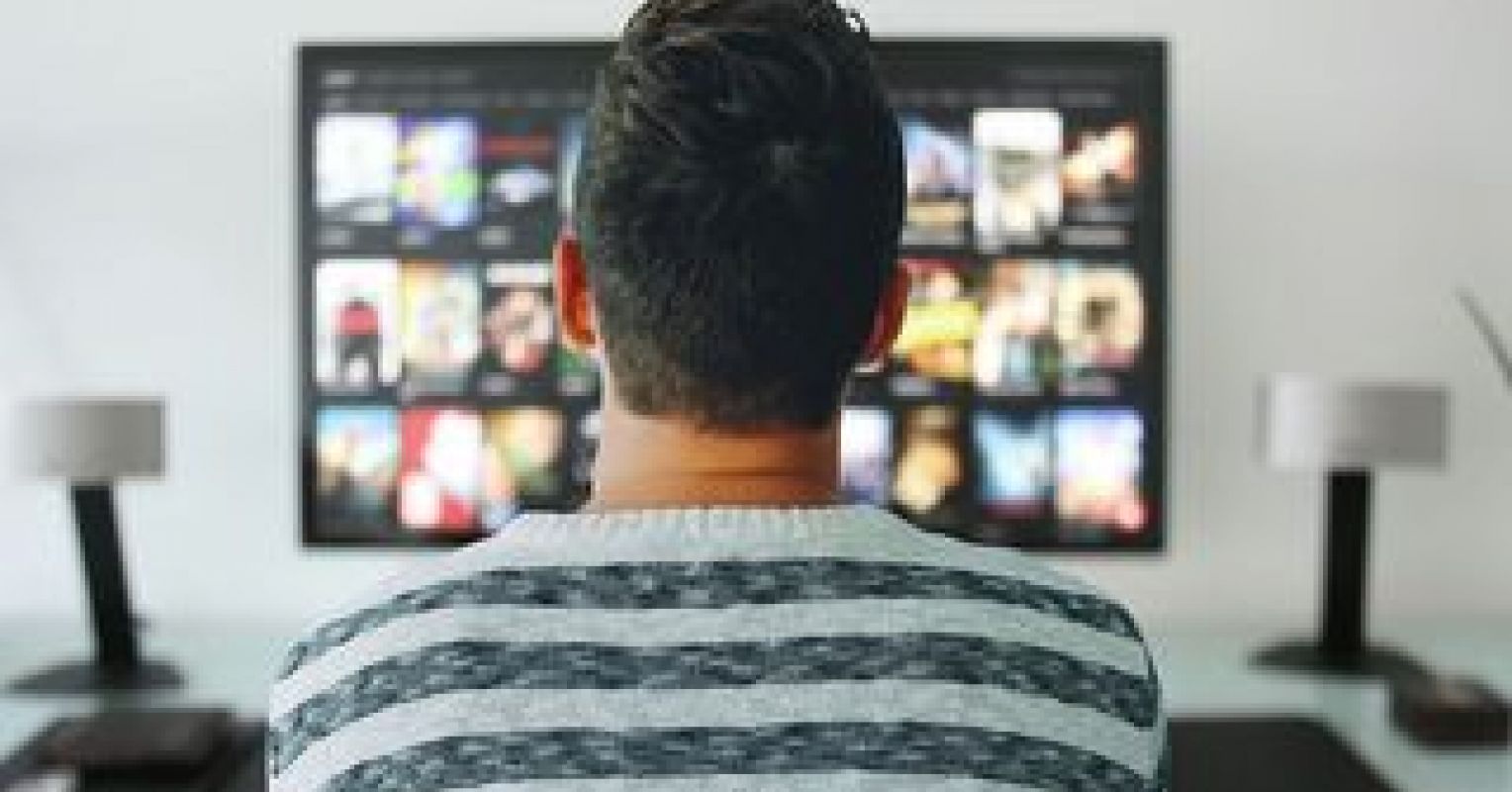
"I was a strong advocate that many types of technology play could be "digitally nutritious." I firmly held onto this perspective without much concern until I began to observe the algorithmic hold that cell phones had on all of us and the destructive role of social media on the opinions and behaviors of children and adults. My views on children's screen time have shifted dramatically over the last decade."
"We need to consider how we provide kids with access to AI and how we guide their use to prevent past mistakes. Smartphones and social media marked the tipping point to unsupervised screen time and algorithmic influence. Early screen-based technologies and video games were primarily about play, fun, and learning. AI has great potential for neurodivergent children, but it is fraught with numerous potential problems."
Play equals learning, and early screen-based technologies and video games supported play, fun, and learning for children. Over time, smartphones and social media created a tipping point toward unsupervised screen time and algorithmic influence that captured attention and affected opinions and behaviors. The nature of screen play shifted from self-directed games and exploration to being steered by platforms toward short videos, social feeds, and AI. AI offers significant opportunities, including benefits for neurodivergent children, but also introduces numerous potential problems. Careful consideration is required about how to provide children access to AI and how to actively guide their use to prevent repeating past harms.
Read at Psychology Today
Unable to calculate read time
Collection
[
|
...
]